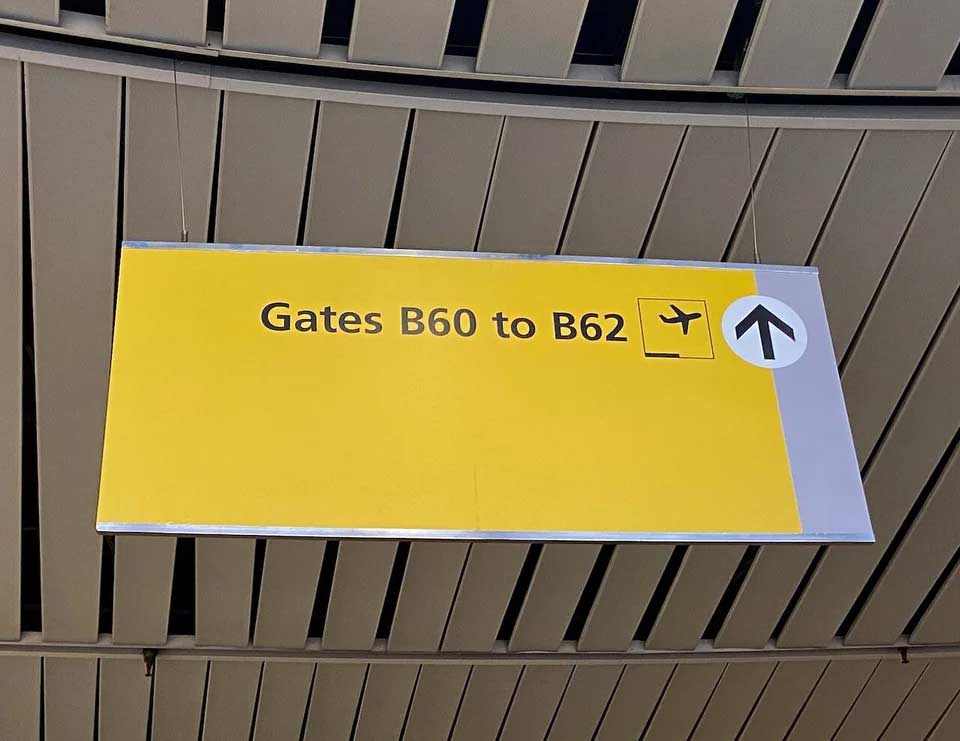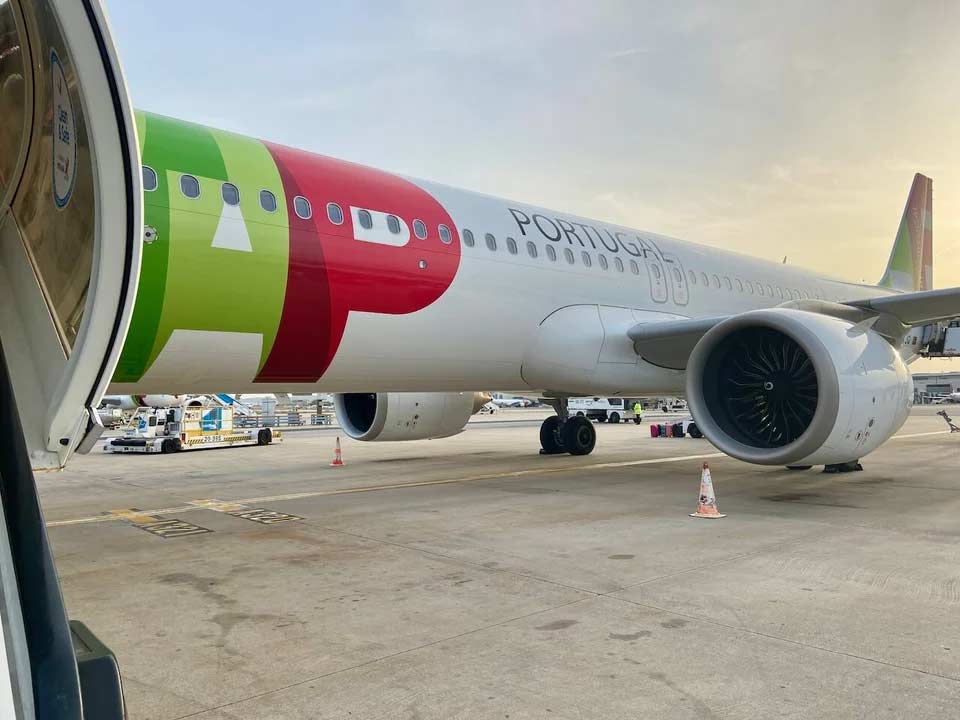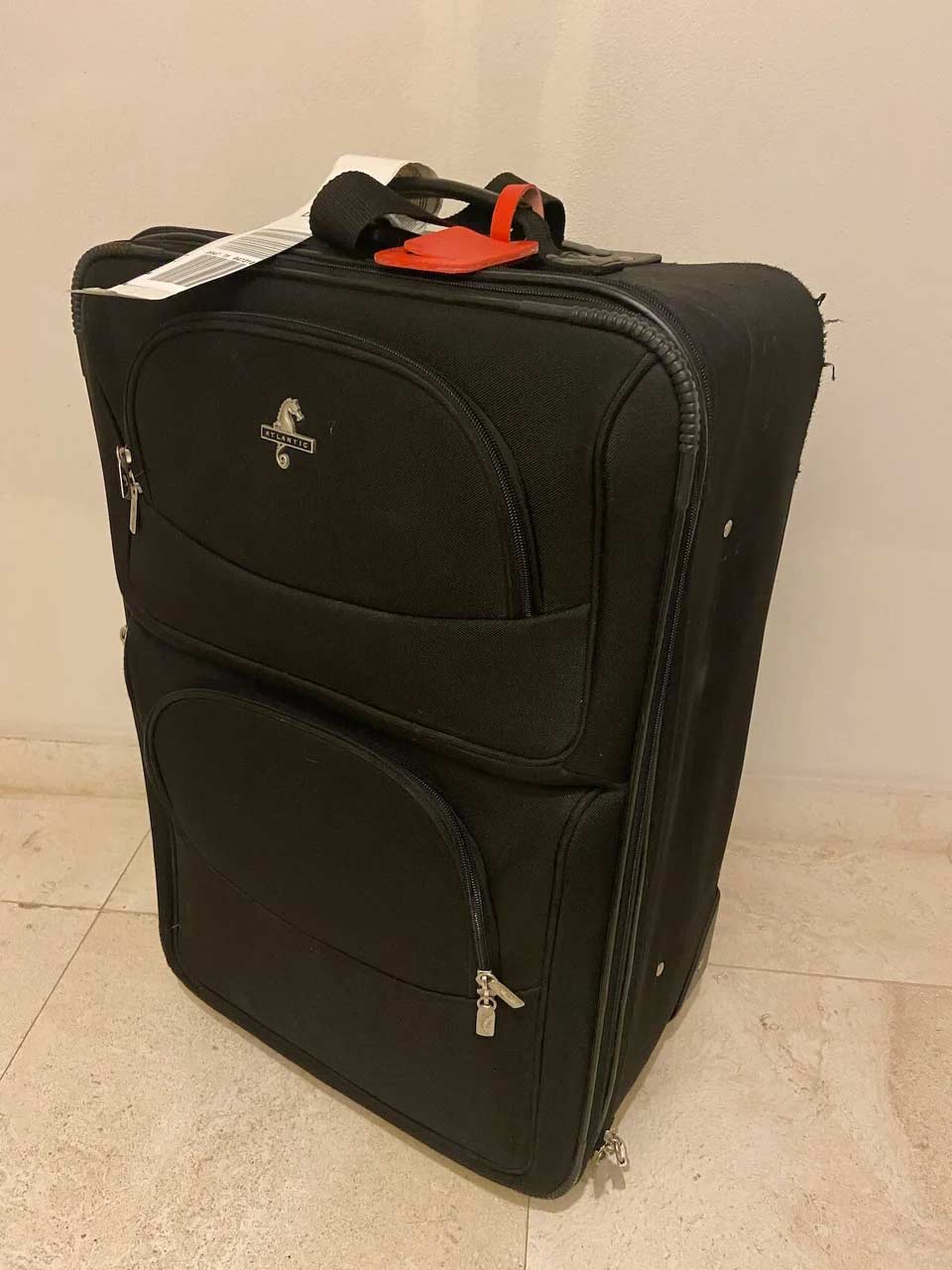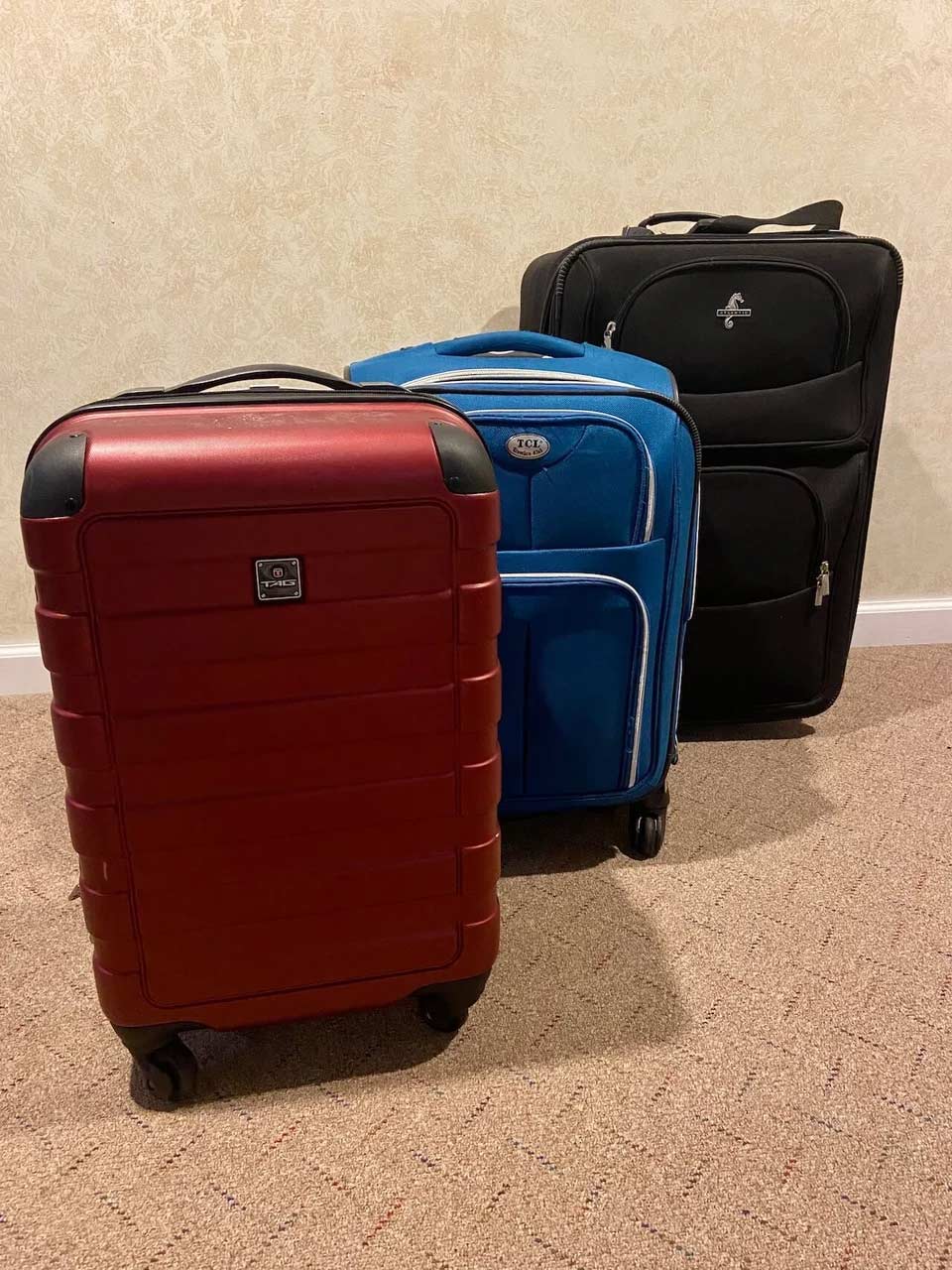As I was preparing for my study abroad program in Florence, there was one part of my trip that I just kept putting off: finding flights. I have flown before, but being in charge of booking my own tickets for a round-trip international flight was pretty intimidating. After scouring a bunch of airline websites and making a full-on color-coded spreadsheet, I finally settled on my flights, but I realize now that it doesn't have to be that complicated (although I still love a good spreadsheet!). For anyone looking to book their own international flight to study abroad, here are a few things to think about to find the best flight for you.

Caption: Departure gate at the airport.
-
Decide on a Nonstop Flight versus a Layover (Or Multiple!)
If your study abroad program allows more flexibility with booking your own flights, you may have to decide how many stops you're willing to take on your trip. A nonstop flight removes the hassle of trying to make a connecting flight, but you might not be able to get a nonstop flight to your specific program city if they don't have a major airport. On the other hand, flights with one or even two stops along the way will likely take longer, but they might get you closer to your specific destination and sometimes can be cheaper than the cost of a direct flight.
For me, there were no nonstop flights available from the US to Florence, so I had two choices:
- Take a direct flight to a major airport such as in Rome or Milan, then take the train to Florence.
- Choose a flight itinerary with one or more stops that ended specifically in the airport in Florence.
Personally, I preferred to fly into the Florence airport because I didn't want to have to navigate the train system of a country I'm unfamiliar with, especially with the amount of luggage I knew I'd have with me. That meant I would be including a layover in my flight itinerary. However, your study abroad situation or personal travel priorities may be different, and that's totally fine! The way I see it, whatever will make you less stressed is the way to go.

Caption: Boarding my connecting flight in Portugal.
-
Pay Attention to Layover Times
If you do book flights that include a connection, make sure that the layover is long enough for you to easily make your next flight. A layover of 50 minutes to an hour may be enough time if everything goes right, but a short delay on your original flight might be enough to throw off the rest of your travel plans. My advice would be to look for layovers of at least 1.5-2 hours to budget in some extra time in case anything is delayed, lines are long, or you just have trouble finding your way around a new airport. You can also look up an airport's minimum connection time to get a sense of how long it might take you to get to your connecting flight in that specific location, which is important to keep in mind when deciding how long of a layover you're looking for.

Caption: Keep an eye on the clock when planning your layover!
-
Consider Different Fare Options
Believe me, I know there can be a bit of a sticker shock with airline ticket prices, so I definitely understand the urge to just choose the cheapest option and call it a day. However, if it's within your budget, paying a little extra to slightly upgrade your fare may save you money in the long run. Now, by no means am I saying it's necessary to book a business class or first-class ticket - just choosing a different economy fare can make all the difference. Many of the airlines I've come across have had basic or budget options, but the fees to check a bag, reschedule your flight, or any other number of things add up quickly. Upgrading to just the next level economy ticket instead of the cheapest basic option could save you money overall by adding some perks such as a free checked bag or more flexible change and cancellation options, plus just overall peace of mind!

Caption: My ticket allowed me to check this bag for free, up to 50lbs!
-
Check the Baggage Allowances on All Flights
Speaking of baggage, between checked baggage, carry-on/hand baggage, and personal items, there can be a lot of discrepancies between different airlines' allowances. To avoid paying any hefty excess baggage fees, make sure you know the size and weight allowances of all types of baggage for every leg of your trip, both departing and return flights. For example, the hand baggage allowance on my return flight from Florence is a bit smaller and a few kilograms lighter than my other flights. That means I need to make sure I bring a small enough carry-on even on my flight to Florence so I won't have to check it on my way home. While this is something that's good to be aware of, slightly smaller baggage allowances alone shouldn't prevent you from buying those tickets. You'll be better off packing light anyway!

Caption: A variety of suitcase styles and sizes.
While keeping these things in mind may be helpful if you're a planner like I am, one of the most important things to remember is to be flexible. Plans can change for hundreds of reasons, so prepare the best you can and then be ready to just go with the flow. After all that planning, my flights ended up changing last minute, but researching these details beforehand helped me feel more calm about the changes because I felt prepared for a number of scenarios. No matter what, your study abroad experience will make it worth it in the end. Have a safe flight!








